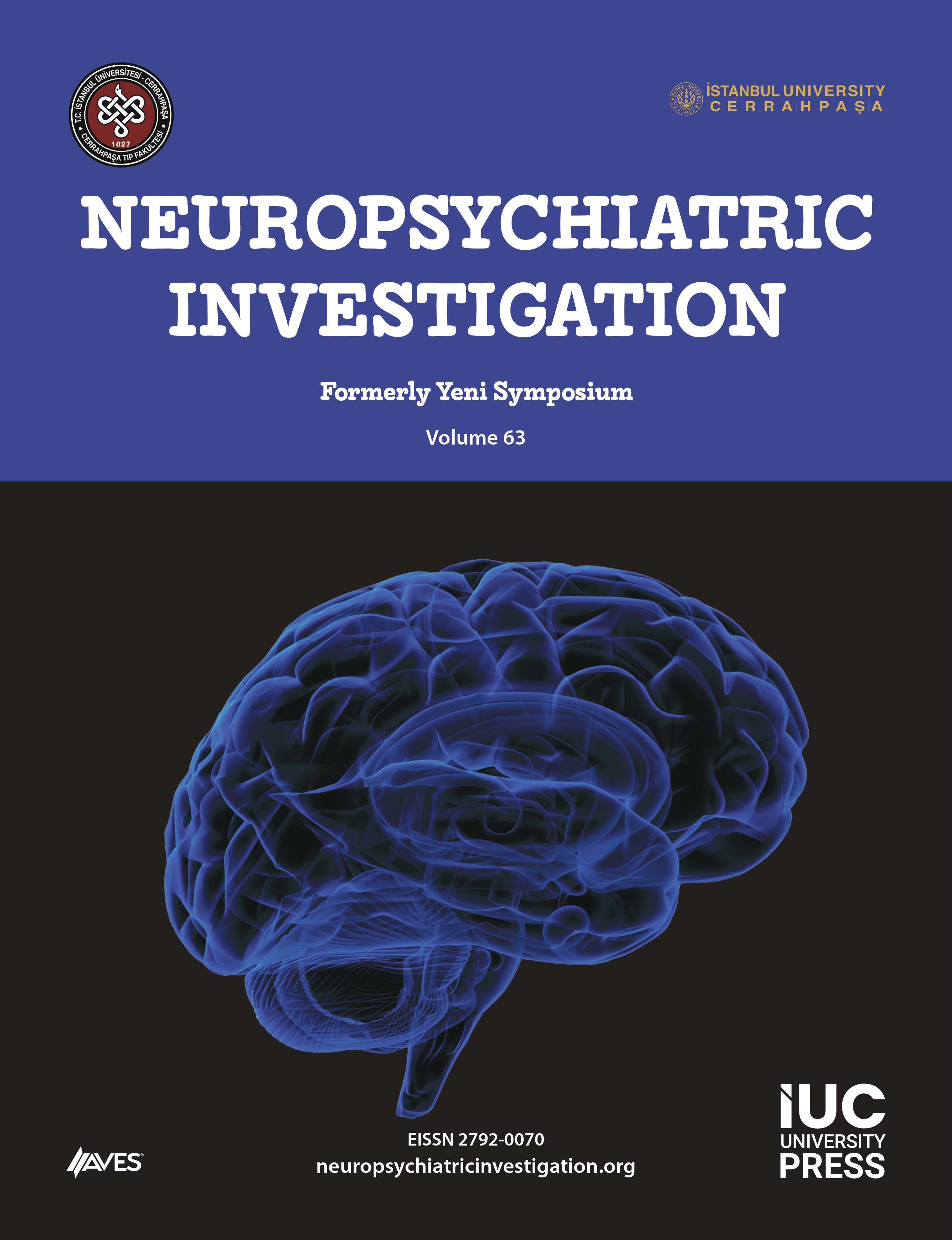Objective: Stigmatization in patients with epilepsy is seen in varying degrees at all times, all over the world. To determine whether the stigma value and depression scores perceived by patients with epi- lepsy were different in focal and generalized seizures and to reveal the factors that might be effective in stigmatization.
Methods: A total of 130 patients who were diagnosed as having epilepsy, 76 females and 54 males, were included in the study. Educational status, marital status, duration of illness, seizure control, and the num- ber of drugs used were recorded. A questionnaire for depression and stigmatization was administered to all participants.
Results: The mean age of the women was 35.26 ± 12.82 (mean ± standard deviation) years and 33.67 ± 12.55 years for men. Of the patients, 44.6% had focal seizures, 44.6% had generalized seizures, and 10.8% had unknown seizures. Stigmatization was detected in 70% and depression was detected in 54.6% of the patients. There was no difference between the stigmatization and depression scores of focal and general- ized seizures (P = .338; P = .857, respectively). There was no difference between the stigmatization and sex, age, and marital status (P = .730; P = .657; P = .320, respectively). In our subgroup analyses, the stigmatiza- tion rate decreased as the education level increased (P = .000). There was a significant correlation between depression and stigmatization severity. We find a weak relationship between insufficiency and duration of the disease (r = 0.217, P < .01).
Conclusion: The stigmatization rate was independent of seizure type, seizure frequency, sex, age, and mar- ital status. Stigmatization severity was significantly correlated with the presence of depression. Although seizures are well controlled with treatment, patients with epilepsy should be followed closely in terms of psychological and social support.
Cite this article as: Üstün Özek S, Manazoğlu HC. Comparison of the relationship between stigmatization and depression in patients with focal and generalized seizures. Neuropsychiatr Invest. 2023;61(3):70-74.




.png)